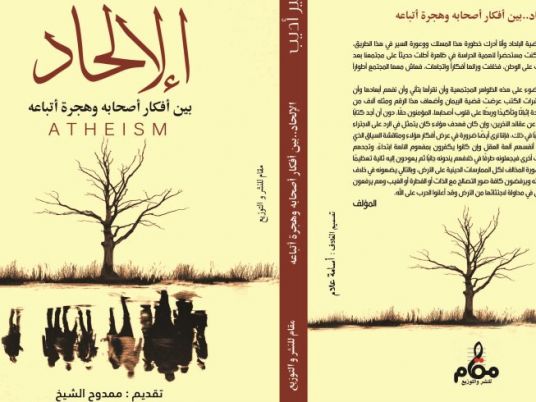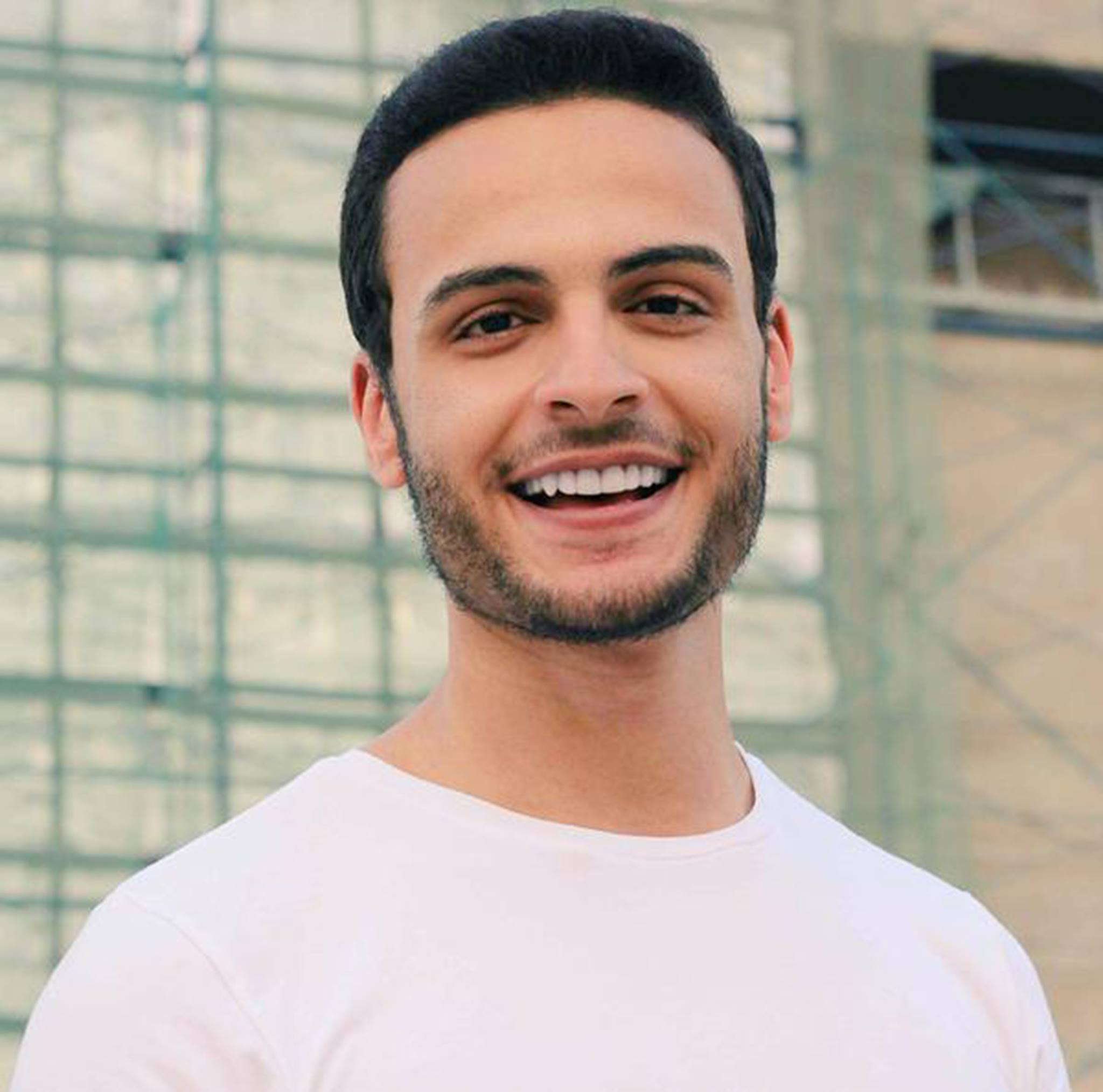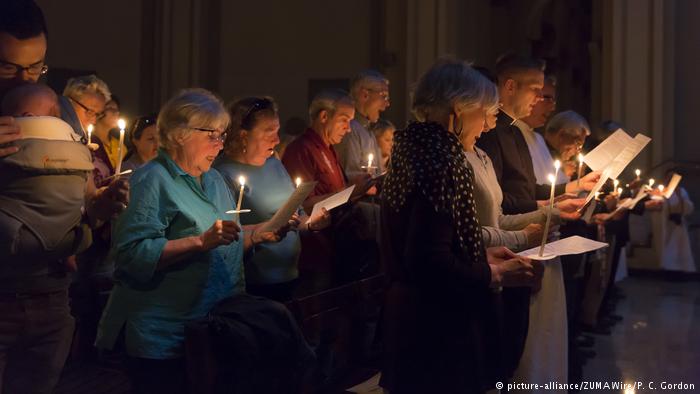
The Religion and Freedoms Forum, attended by atheists and non-religious, was an opportunity to demand that citizens should have the right to be non-believers, in response to the anti-atheist campaign launched by the state. "The announcement of our thoughts has given society the shock it needs in order to stop denying our existence and our rights," the forum participants said.
“Who stands in the way of our freedom to be non-believers” was the topic of the open discussion organized by the Religion and Freedoms Forum on 24 March 2015 at the headquarters of the Egyptian Initiative for Personal Rights, moderated by Amr Ezzat, a researcher.
The Religion and Freedoms Forum has addressed many different issues relating to the connection between religion and freedoms, rights and democracy, since it was formed three years ago.
In September 2012, the forum held a seminar on the relationship between al-Azhar and the state. Most of the guests were al-Azhar scholars, including the current Religious Endowments Minister.
At first glance, there might seem to be a disparity between the first seminar and the most recent one, hosting atheists. Yet, in many ways, they are related.
The first seminar dealt with the need for al-Azhar and the state to be independent from each other, and for the entire Muslim community to be independent from any official representation, because it contradicts freedom, pluralism and religious diversity. The state should not be the representative of the Muslim community and the custodian of the rights of others, accepted or rejected by Muslims.
This issue is closely related to topic of the latest seminar, as the state tends to consider non-believers as a threat to the Muslim community, not as citizens who enjoy freedom of belief. The state still sees citizens as a Muslim majority represented by official institutions like al-Azhar and the Ministry of Religious Endowments, while other religious groups require permits and licenses to practice their religion, tolerated by Muslims.
The forum participants have stressed that they would like to go beyond mere defence from the attacks waged against the non-believers, compared by the Endowments Minister to the threat of terrorism and called "followers of a Western agenda aimed at threatening stability" by the Grand Sheikh of al-Azhar. Instead, they would like to ask the state and the society: “What gives you the right to stand against the freedom of citizens to be non-believers?"
Many non-believers have used the opportunity presented by the forum to take the initiative, and announce their presence and their beliefs.
The seminar was attended by: Ahmed Harkan – blogger and founder of the Free Mind e-channel, Islam Ibrahim – founder of the Atheism Declaration page, Hani al-Mihy – founder of the Egyptians Without Religion page and Ismail Mohamed – blogger and producer of the Black Duck program.
According to Islam Ibrahim, the objective of the Atheism Declaration page is to publish the names, pictures and ages of those who want to declare their atheism, so as to assert that atheists do exist in the community, not only on Facebook. “We currently have 450 Arabs who have declared their atheism, but our page has been closed several times because of reports against it,” he says. “Also, atheists have been attacked in the street and in police stations. Karim al-Banna was referred to trial because of his declaration, and was sentenced to three years in prison on charges of contempt of religion, after he was beaten in his hometown of Edku.”
According to Amr Ezzat, those who have declared their atheism have triggered negative reactions both from officials and the wider public, some of which were violent. “When Ahmed Harkan publicly declared atheism and criticized Islam, he was persecuted and expelled from his home,” he says. “I advised him not to do so publicly or he would go to prison, but he said society needed such a shock. I wonder if that shock would have a positive impact on the rights of non-believers.”
Ahmed Harkan believes the shock is necessary and would indeed have a positive impact. “If all atheists speak out, the state will no longer treat them as an undesired minority,” he says.
Ismail Ahmed says he receives messages every day from different countries and publishes them on YouTube. One such message came from an atheist who stopped mixing with people because he is afraid to expose himself.
“I decided to face the media, the intellectuals and the politicians who deny freedom of expression by not allowing people like me to voice their thoughts,” he says.
He says that he hosted atheists from outside Egypt, such as Albair Saber and Alia al-Mahdi, because Egyptian atheists feared exposure. “But then I gained the confidence of many in Egypt, such as Islam Ibrahim.”
“The Black Duck has helped me to discover different visions and ideas,” he says. “Now we are creating the Free Mind e-channel with Ahmed Harkan to break the fear barrier.”
Hani al-Mihy says he insisted that the civil registry write “atheist” and not “Muslim” in his ID card. “Despite the insults I heard, I submitted a formal request and waited for a formal written response,” he says. “The response was that I must choose between Islam, Christianity and Judaism.”
“This is contrary to the Constitution. Can the state force me into a particular religion? Does the absolute freedom of belief stated in the Constitution mean that a citizen who is not a Muslim, a Christian or a Jew does not exist?”
According to Ahmed Harkan, atheism is not a religion. Islam Ibrahim says atheists are not a closed group or sect, and Amr Ezzat adds that it is deplorable how atheists must lie and say they are Muslims or Christians if they want to marry, since otherwise the marriage contract is illegal.
A member of the public said: “I would like to sympathize with atheists, but most of them insult religion with bad words.” Ahmed Harkan replied: “We have the right to express ourselves,” and Ismail Mohammed added: “Can we first have our rights before we talk about insults and foul language?”
Another person asked: “Why were Albair Saber and Karim al-Banna convicted, but Ahmed Harkan and Ismail Mohamed were not?” “My colleagues and I were detained pending trial,” Harkan replied, and Hani al-Mihy stressed: “I have been detained several times since the 1990s.”
According to Amr Ezzat, the state does not protect freedom of belief. “There are state agencies, such as the police and the judiciary, that incite and discriminate against atheists in violation of the law.”




